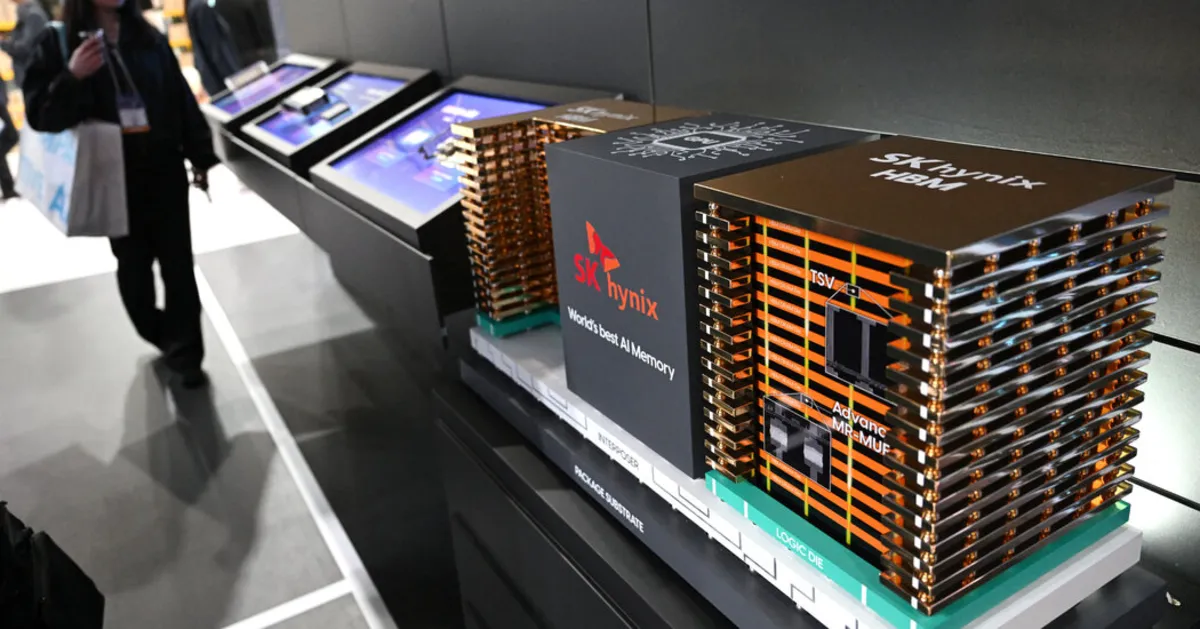
The U.S. government is implementing stricter measures that will significantly impact South Korean chipmakers Samsung and SK Hynix, making it increasingly difficult for them to obtain essential American equipment for their factories located in China. This move is aimed at restricting Beijing's access to critical semiconductor technology, thereby hampering operations for these leading companies in the region.
On Friday, the Commerce Department announced that it will revoke existing authorizations that previously allowed Samsung and SK Hynix to ship vital semiconductor machinery to China. As a result, these companies will now be required to secure licenses from the Trump administration if they wish to purchase American equipment for their manufacturing facilities in China. This policy shift underscores the ongoing tensions surrounding trade and technology between the United States and China.
The current administration's actions are a continuation of the sweeping restrictions initiated under former President Joseph R. Biden Jr. in 2022, which were designed to cut off China's access to important American technology. These restrictions were part of a broader strategy to limit Beijing's advancements in sectors like artificial intelligence and semiconductor manufacturing. In 2023, however, the U.S. had granted waivers to South Korean chipmakers, but the latest decision negates those allowances, intensifying the scrutiny on these companies.
This development poses a significant challenge not only for Samsung and SK Hynix but also for the delicate trade relationship between the United States and South Korea. The timing is particularly sensitive, as many tariffs imposed during Trump's presidency have recently been invalidated by a federal court. Earlier this week, President Trump held discussions with South Korean President Lee Jae Myung about advancing trade negotiations, which have not yet resulted in any formal agreements.
Samsung has chosen not to comment on the situation publicly, while SK Hynix has expressed its commitment to managing the implications of this new policy. A spokesperson for SK Hynix stated that the company will “maintain close communication with both Korean and the U.S. governments and take necessary measures to minimize the impact on our business.” This illustrates the proactive approach that chipmakers are taking in response to the evolving regulatory landscape.
As the U.S. and China continue to engage in an escalating face-off over technology, chipmakers find themselves at the forefront of this geopolitical struggle. The United States aims to cut off China’s access to semiconductors, a crucial resource for advancing technologies like artificial intelligence. This ongoing conflict highlights the importance of semiconductor manufacturing and the strategic role that companies like Samsung and SK Hynix play in the global supply chain.
In conclusion, the tightening of regulations on South Korean chipmakers by the U.S. government reflects a broader strategy to limit China's technological capabilities. As these companies navigate the new landscape, the implications for trade relations and technological advancements will be significant.